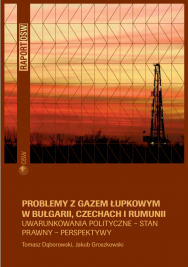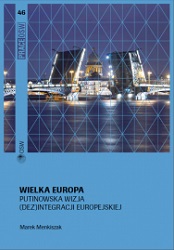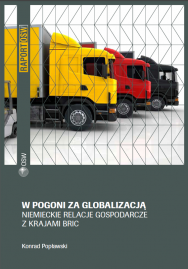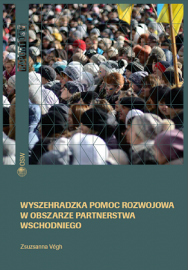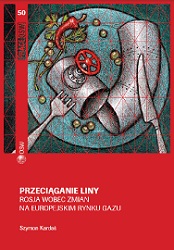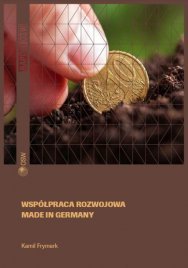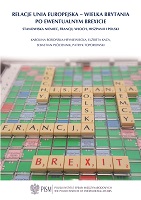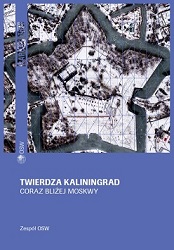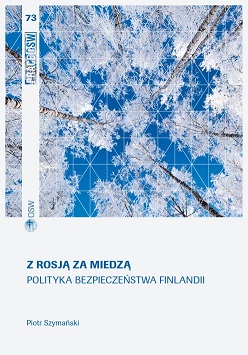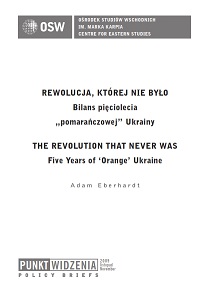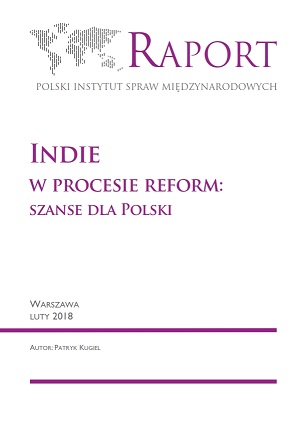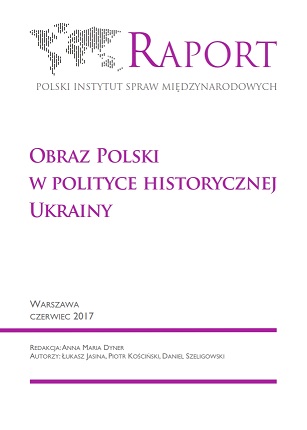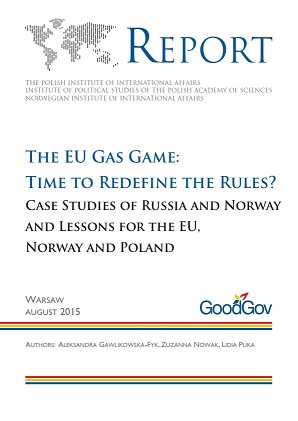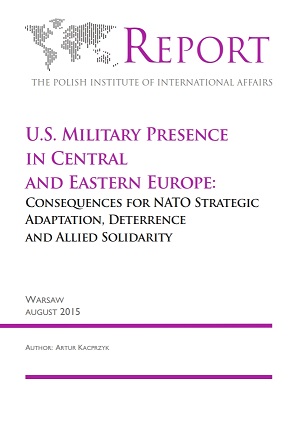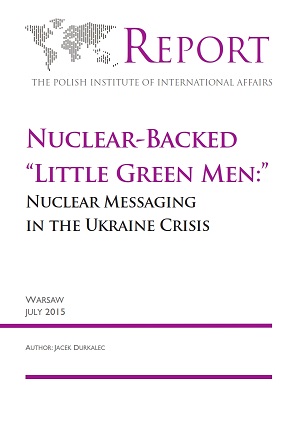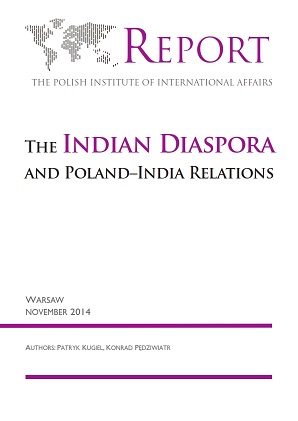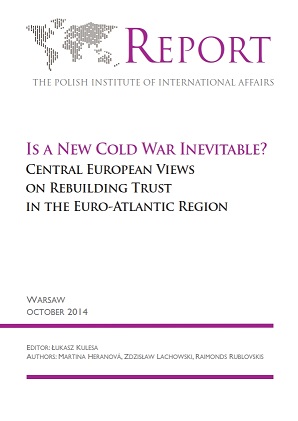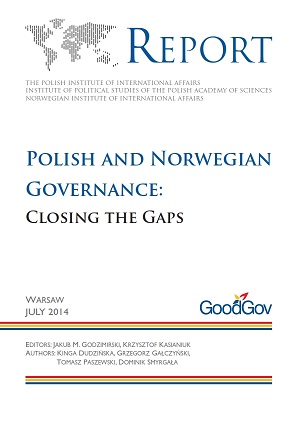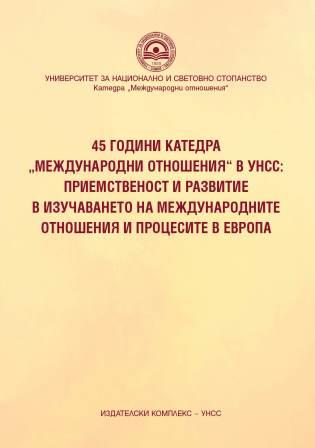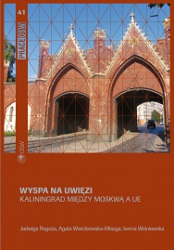
Wyspa na uwięzi: Kaliningrad między Moskwą a UE
Obwód kaliningradzki może być nazwany swoistą „wyspą na uwięzi”. Ze względu na jego szczególne położenie geopolityczne charakteryzuje go przynależność do rosyjskiej przestrzeni prawnej, politycznej i gospodarczej, a jednocześnie specyfika wynikająca z oderwania od pozostałej części Federacji Rosyjskiej, w tym szczególna otwartość obwodu na sąsiedztwo unijne.Moskwa stara się rekompensować obwodowi jego oderwanie, oferując mu wsparcie finansowe i przywileje ekonomiczne. Równocześnie jednak wykazuje wrażliwość na kwestie związane z wyzwaniami dla integralności terytorialnej Rosji – a dążenie centrum do kontroli nad regionem niekiedy ogranicza jego potencjał współpracy i rozwój wewnętrzny. Raport przedstawia sytuację w obwodzie i ma służyć wypracowaniu modelu skutecznej współpracy regionu z unijnymi sąsiadami.
More...
